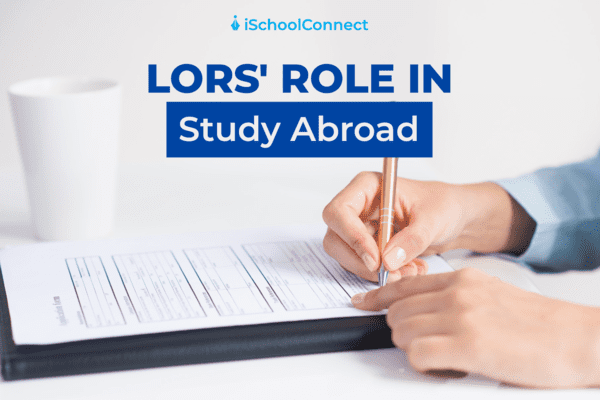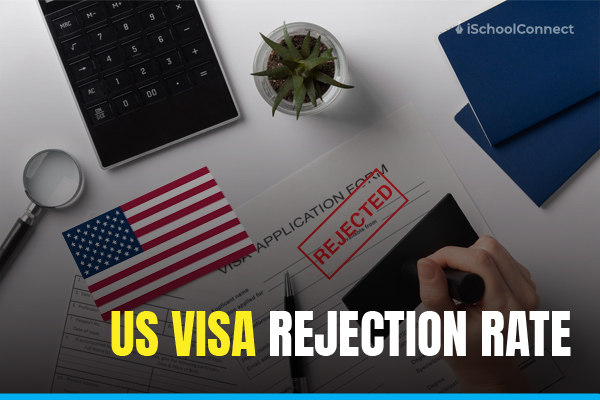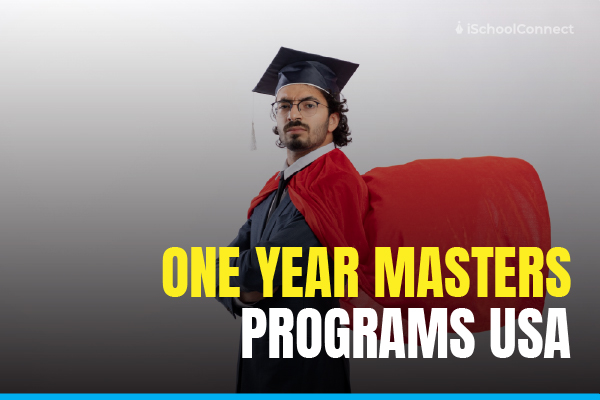Table of Contents
Choosing the right college in the USA
In recent years, the United States has become a prominent destination for international students seeking a world-class education. The diverse range of academic institutions, exceptional research facilities, and a vibrant cultural environment make the USA an attractive option. However, the process of selecting the right college can be overwhelming. This blog aims to guide prospective students through the essential considerations when choosing a college to study in the USA.
Things to consider while choosing a college in the USA
From academic programs and campus culture to financial aspects and location, each factor plays a pivotal role in shaping a fulfilling learning experience.
- Academic reputation and programs: Begin your journey by researching the academic reputation of potential colleges. Look for institutions that offer programs aligned with your academic interests and career goals.
- Accreditation: Ensure that the college has accreditation from a recognized agency. Accreditation ensures that the institution meets certain academic standards, enhancing the credibility of your degree.
- Location and campus environment: Think about climate preferences, proximity to industry hubs, and the campus environment. A thriving college community can contribute significantly to your personal and academic growth.
- Cost of education: Understand the total cost of education, including tuition, fees, accommodation, and living expenses. Research available scholarships, financial aid options, and part-time work opportunities.
- Employment opportunities: Research the employment opportunities available to international students both during and after completing their studies. Opt for colleges with strong career services.
- Diversity and inclusion: A multicultural environment fosters a global perspective and enriches your learning experience. Look for colleges that actively promote diversity and provide resources for international students.
- Alumni network: A robust alumni network can open doors to valuable connections and career opportunities. Research the success stories of alumni from prospective colleges and consider whether their experiences align with your aspirations.
- Campus facilities: Explore the campus facilities, including libraries, laboratories, and recreational spaces. Access to modern facilities enhances the overall learning experience.
- Immigration policies and support: Choose colleges that provide comprehensive support services, including guidance on visa processes, work permits, and cultural adaptation.
- English language proficiency: Verify the English language proficiency requirements for admission. If necessary, take standardized tests such as TOEFL or IELTS and consider enrolling in English language programs offered by the college.
Top universities in the US

Here are top-ranking universities where students can opt for a successful career after completing their studies.
- Massachusetts Institute of Technology (MIT): Well known for emphasizing innovation, MIT offers various research and STEM fields. It offers a rigorous academic environment with a focus on hands-on learning and problem-solving.
- Notable programs- Engineering, Computer Science, Physics, Biology.
- Stanford University: Located in Silicon Valley, Stanford is a leader in technology, entrepreneurship, and interdisciplinary research. It fosters a culture of collaboration and has a strong commitment to social responsibility.
- Notable programs- Computer Science, Business, Engineering, Medicine.
- Harvard University: Known for its commitment to academic excellence and research, Harvard is one of the world’s oldest and most prestigious universities. It offers a wide range of programs across various disciplines.
- Notable programs- Law, Business, Medicine, Social Sciences.
- California Institute of Technology (Caltech): Renowned for its focus on scientific and engineering research, Caltech is a small but influential university. It has a collaborative and tight-knit community, fostering close interactions between students and faculty.
- Notable programs- Physics, Chemistry, Biology, Astrophysics.
- University of Chicago (UChicago): Critical thinking is valued at UChicago, and it is famous for its rigorous academic program. It has a strong commitment to interdisciplinary studies and research across various fields.
- Notable programs- Economics, Political Science, Humanities.
Tips for choosing the right college
- Research extensively- Conduct thorough research on each prospective college. Utilize official websites, student forums, and testimonials to gather diverse perspectives on the institution.
- Attend virtual information sessions- Many colleges offer virtual information sessions where you can interact with admission representatives and current students. Take advantage of these opportunities to gain insights into the college’s culture and offerings.
- Seek guidance from advisors- Consult with educational advisors, teachers, or alumni who can provide valuable insights and guidance based on their experiences.
- Consider future career goals- Align your choice of college with your long-term career goals. Certain colleges may have stronger connections with specific industries or offer specialized programs relevant to your aspirations.
- Plan for adaptation- Be prepared for cultural adaptation. Familiarize yourself with American customs, educational norms, and lifestyle to ease the transition.
- Stay organized- Maintain a checklist of application requirements, deadlines, and important documents. Staying organized ensures a smoother application process.
Key takeaways
- Conduct in-depth research on each prospective college using official websites, student forums, and testimonials to gather diverse perspectives.
- Consider top-ranking universities such as MIT, Stanford, Harvard, Caltech, and others for a successful career trajectory after completing studies.
- Understand the total cost of education, including tuition, fees, accommodation, and living expenses. Research available scholarships, financial aid options, and part-time work opportunities.
If you found this blog informative and helpful, we would love to hear your feedback in the comments. While you plan and make the perfect academic decision, iSchoolConnect is here to make your job easier by launching an exclusive offer. Upon claiming, you will get iSchoolConnect’s premium plans at 50% off! Click here to kickstart your study abroad journey with iSchoolConnect.
Liked this blog? Read next: Auditing courses | Top 10 global universities
FAQs
Q1. How much is the cost of studying in the USA?
Ans- US public and state universities charge yearly tuition ranging from $8,000 to $35,000. In the USA, tuition for private universities ranges from $25,000 to $55,000, depending on the degree and duration of the course.
Q2. How much is the USA student visa fee?
Ans- An application fee of $160 and a $350 SEVIS charge are required for a USA student visa (F-1 visa). This cost must be paid before the visa interview and is non-refundable.
Q3. How much bank balance is required to get a USA student visa?
Ans- The minimum bank balance needed for a student visa to the United States might change based on a number of variables, including the requirements of the particular college or university. Students must typically show that they have enough money to pay for their tuition, living expenses, and other associated expenditures for at least their first year of study. That might be $24,701 (approx).






